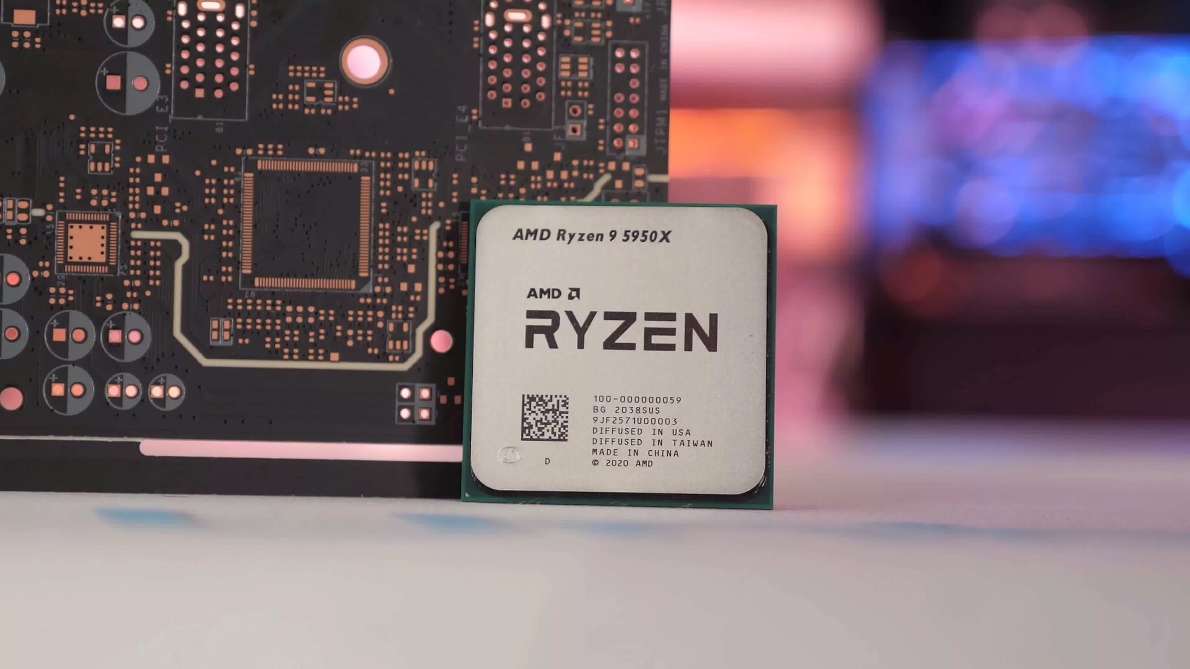
A hot potato: In typical Microsoft fashion, the company released Windows 11 before making sure that it didn't have any major issues impacting the overall experience. Fortunately, this is a staggered release, but early adopters using an amd 15 based system may experience lower performance in games when compared to Windows 10. This issue will be fixed via software updates later this month.
Windows 11 has only been available for a few days, and we're already starting to see issues surfacing around Microsoft's new operating system. Some of them are known problems related to incompatibilities with certain networking software or applications like Oracle's VirtualBox, as well as the usual assortment of bugs that accompanies pretty much any new Windows version.
However, according to a blog post from AMD (thanks, Tom's Hardware), people who upgrade to Windows 11 on a Ryzen-powered system will experience lower performance in some scenarios. The performance regression in most applications will be in the 3 to 5 percent range, but the company found during testing that you could see up to a 15 percent reduction in performance in some popular eSports games.
This issue affects all Ryzen and Athlon CPUs supported in Windows 11, including around 100 models from the Ryzen 2000 series, Ryzen 3000, Ryzen 4000, and the current-generation Ryzen 5000 series of CPUs. AMD says its EPYC processors for data centers and its Threadripper processors for workstations are also affected.
AMD explains the problem is two-fold. First, the company determined that Windows 11 can cause functional L3 cache latency to go up three times. The second is related to a feature called UEFI CCPC2 (also known as "preferred core"), which will normally schedule threads on a processor's fastest core. In the release build of Windows 11, this doesn't work as intended and will mostly impact performance for processors with eight or more cores and a TDP of over 65 watts.
Further reading: Windows 11 review round-up: Better than Windows 10, but still a work in progress
For now, Microsoft and AMD recommend that you stick with a supported version of Windows 10. Both companies are working on software fixes that will arrive later this month. If, however, you've made the plunge to Windows 11, you may want to check our guide on how to disable Virtualization-based Security in Windows 11 to gain some extra performance.
